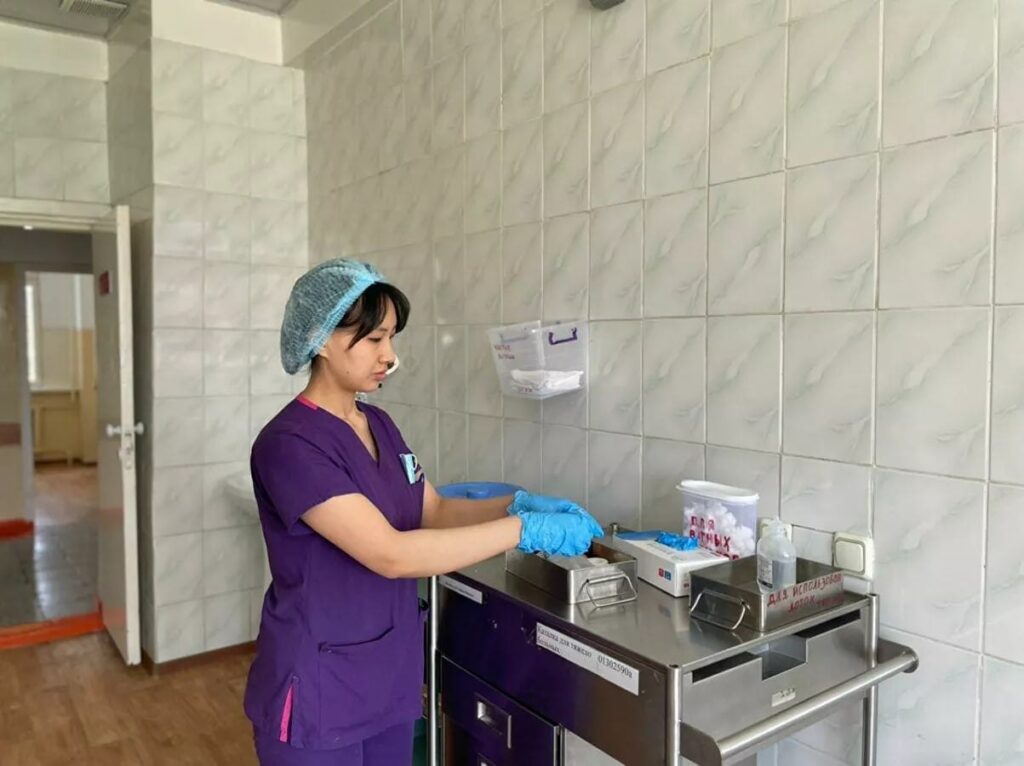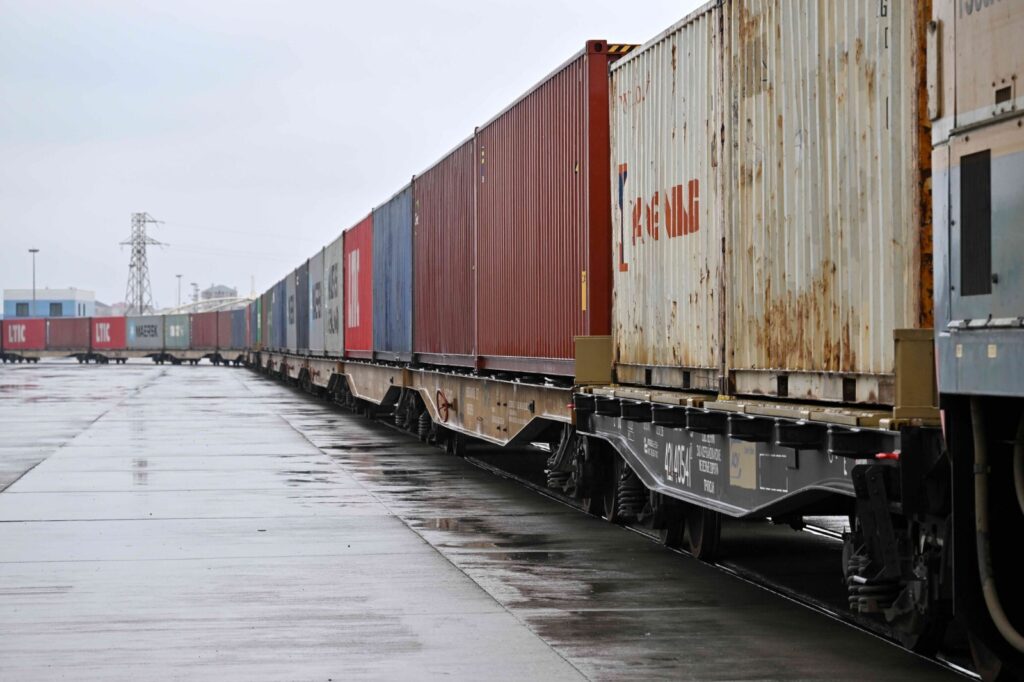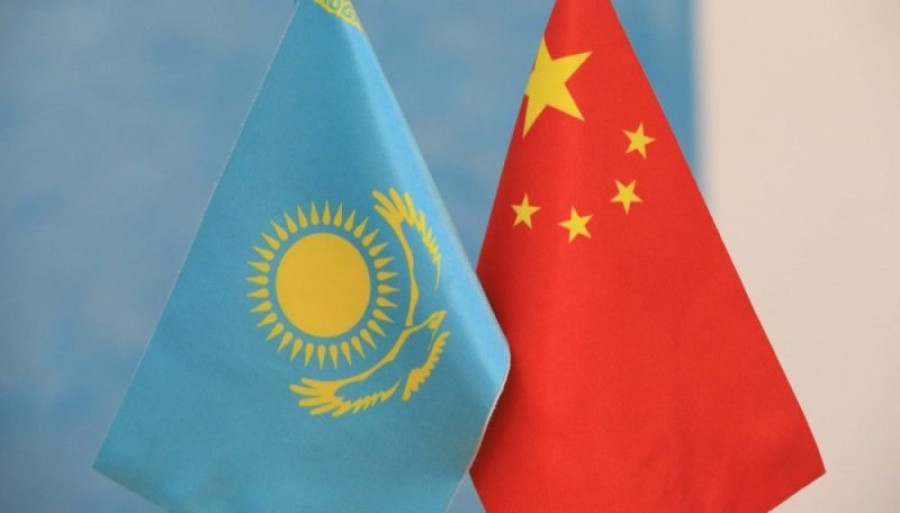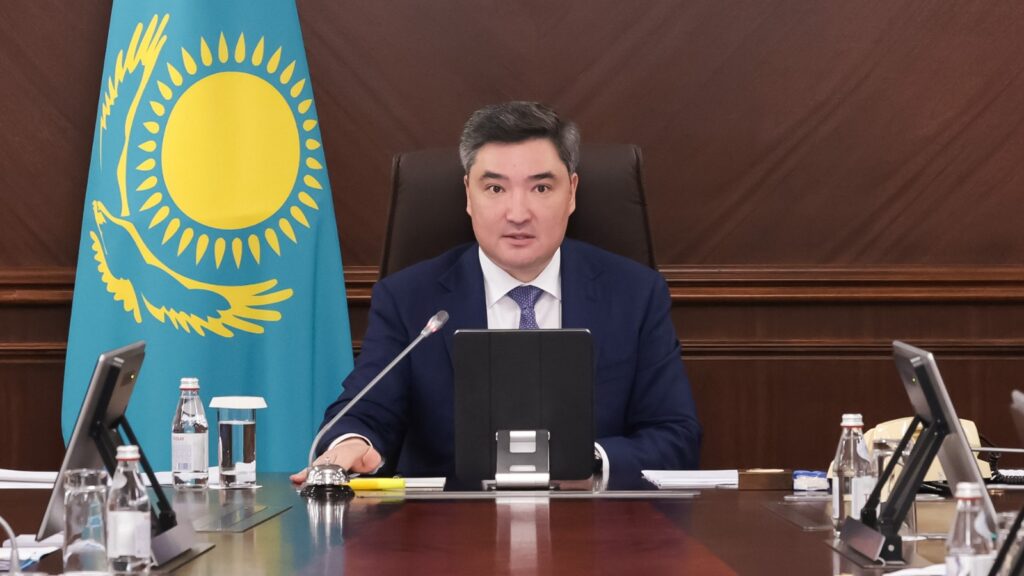The Kazakhstan Stock Exchange (KASE) has approached the Moscow Exchange (MOEX) with an offer to buy back its shares. The move was prompted by the US sanctions imposed on MOEX, Russian publication Frank Media reported, citing sources close to the Russian trading floor.
Moscow Exchange presently owns 13.1% of KASE shares. It acquired the first part of this stake (3.3%) in early 2020 and increased it to the current level at the end of the same year. The KASE shares were obtained as part of a strategic partnership for the Russian side’s technology. The stake has a market value of KZT 12.1 billion, equivalent to RUB 2.2 billion ($25.9 million).
In mid-June 2024, the U.S. Treasury Department’s Office of Foreign Assets Control (OFAC) included the Moscow Exchange in the SDN list and issued a license to curtail operations with MOEX until August 13. The UK has joined the sanctions against MosBirch.
“KASE will consider continuing business relations with MOEX taking into account the sanctions restrictions,” stated the Kazakh exchange, the day after sanctions against Mosbirzhya were imposed.
Timur Suleimenov, chairman of the National Bank of Kazakhstan, who has repeatedly mentioned the possible buyout of MOEX’s stake in KASE, was vague however, when citing various options.
“The National Bank has 47% in KASE. We have our funds, so we will buy out [Moscow Exchange’s stake if such a decision is made],” he said on June 13, immediately after the sanctions against the Russian exchange were imposed.
The head of the republic’s regulator also said that KASE is negotiating with MOEX and considering various options, including possibly buying back shares.
Some indirect data point to the preparation for the buyout. In the middle of last week, KASE announced the convocation of the extraordinary general meeting of shareholders in a month, at which the only question to be discussed is the methodology change for determining the cost of shares of Kazakhstan exchange at their redemption.
According to the FM interlocutor close to the Russian Central Bank, Mosbirzha may agree to sell its stake in the Kazakhstan Stock Exchange under these conditions. In the past, entering the capital and providing technologies to KASE had a strategic goal—to leave it in the zone of Russian influence, he noted. In particular, American Nasdaq could provide technologies for the Kazakhstan stock exchange. South Korea has likewise expressed interest in KASE .








